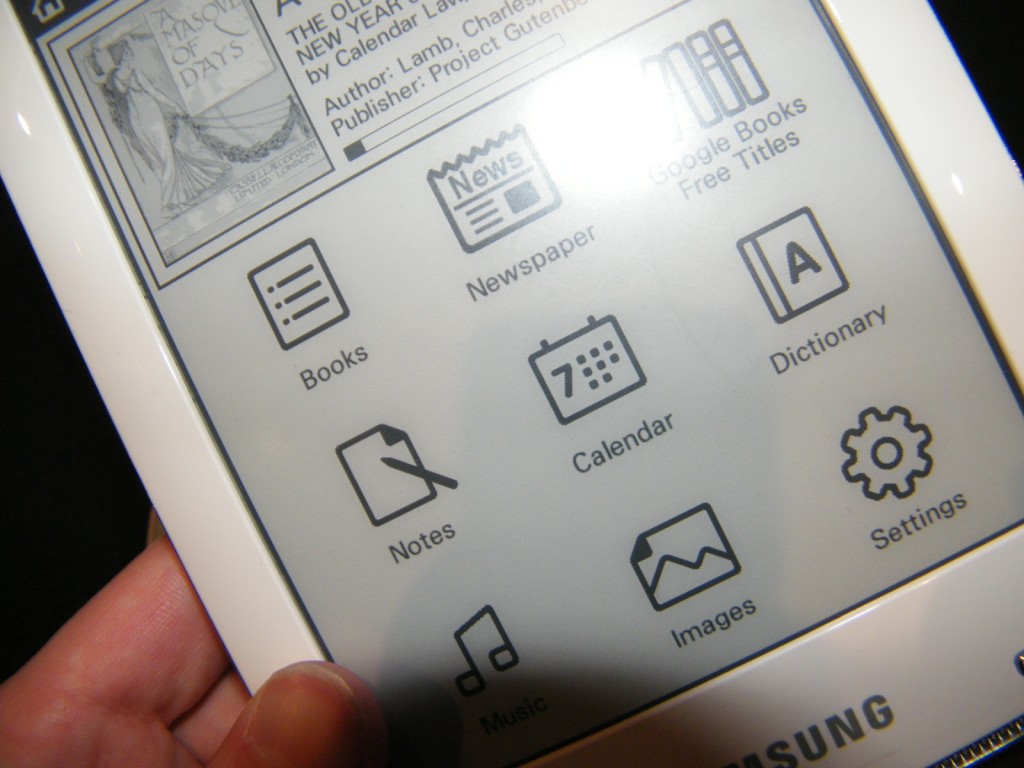Will piracy rip the spine out of ebooks?
Ebooks will be big - but will pirates follow in their wake?

For years, the publishing industry has been waiting for its iPod moment, the time when electronic books become mainstream.
It looks like that moment will happen in 2010: this year's CES had more electronic books than a library for Daleks, and some outfit called Apple is apparently getting ready to release a tablet computer-cum-ebook reader that'll sell a few units. That's the good news.
The bad news is that if ebooks take off, the pirates won't be far behind.
Piracy is inevitable, but that doesn't mean piracy needs to do to the book industry what it did to music. To an extent the music industry was the architect of its own misfortune, responding to the threat of piracy with excessive DRM, too-high prices and format wars that confused and alienated customers.
So has the publishing industry learnt from the music industry's mistakes? George Walkley is head of digital for Hachette UK, the publishing giant whose imprints produce everything from the Twilight novels to textbooks.
"I think the publishing industry is keenly aware of the experience of other content industries," he told us, pointing out that while legal ebooks do indeed use DRM, "there has been considerable development work by technology vendors and publishers to balance a desire for copy protection with offering the consumer greater interoperability and flexibility."
Format fights
Sign up for breaking news, reviews, opinion, top tech deals, and more.
One of the things that sent people to the pirates with music was the problem of file formats: your player wanted X format, the pirate sites had it in X format, but the only legal versions were in Y format.
Publishers are keen to avoid the same thing in books. As Walkley points out, Hachette's US parent company was the first big publisher to adopt the epub format, a kind of MP3 for books, and Hachette UK uses epub, too.

BEATING THE PIRATES: Hachette UK's George Walkley says the publishing industry is keen to avoid the file format woes that plagued early digital music services
Where epub doesn't work, such as when it comes to publishing the complex illustrations you'll find in educational books, Hachette UK uses PDF. "These are the only download formats for ebooks which we create as a matter of course - although some retailers may convert those master files or apply proprietary DRM," Walkley says.
"Most of the other major publishers have adopted similar strategies… the effect of this is that device manufacturers are increasingly supporting epub natively. For example, Sony recently took the decision to deprecate its proprietary BBEB ebook format in favour of epub, and nearly all of the new ebook readers announced at CES support epub."
Money, money, money
Digital downloads weren't cheaper than CDs, and for now at least ebooks probably won't be cheaper than print. That's partly because most of the costs apply whether you publish a book on paper or on an iPhone, and it's partly because of tax: "printed matter" books are zero rated for VAT, whereas electronic ones have to charge the full 17.5%.
It's a weird anomaly, and if we were in the book business we'd be lobbying Alistair Darling like crazy to get electronic books treated the same as printed ones.
The challenge for publishing is to avoid being seen as greedy. In music, the debate quickly became characterised as The Man versus The Kids, where The Man was Bono, his celebrity mates and their filthy rich record companies.
In reality, most musicians are struggling to pay the rent, but that's not what the average file sharer thinks.
Maybe novelist David Hewson has the answer. Writing on his blog, he says that he would "happily stick a button up here that said, maybe, 'Please Don't Steal My Book'. That could link to a simple website run by a group of authors' organisations, perhaps with quotes from well-known writers, which sets out the facts about what writers really earn, how much we actually get from book sales, and why using ripped-off copies will, in the end, damage the interest of both writers and readers."
It's got to be better than Bono's approach in the New York Times recently: when he drew parallels between file sharing and illegal porn and accused ISPs of stealing all his money, the entire internet torrented U2 albums out of sheer spite. Probably.

Contributor
Writer, broadcaster, musician and kitchen gadget obsessive Carrie Marshall has been writing about tech since 1998, contributing sage advice and odd opinions to all kinds of magazines and websites as well as writing more than twenty books. Her latest, a love letter to music titled Small Town Joy, is on sale now. She is the singer in spectacularly obscure Glaswegian rock band Unquiet Mind.